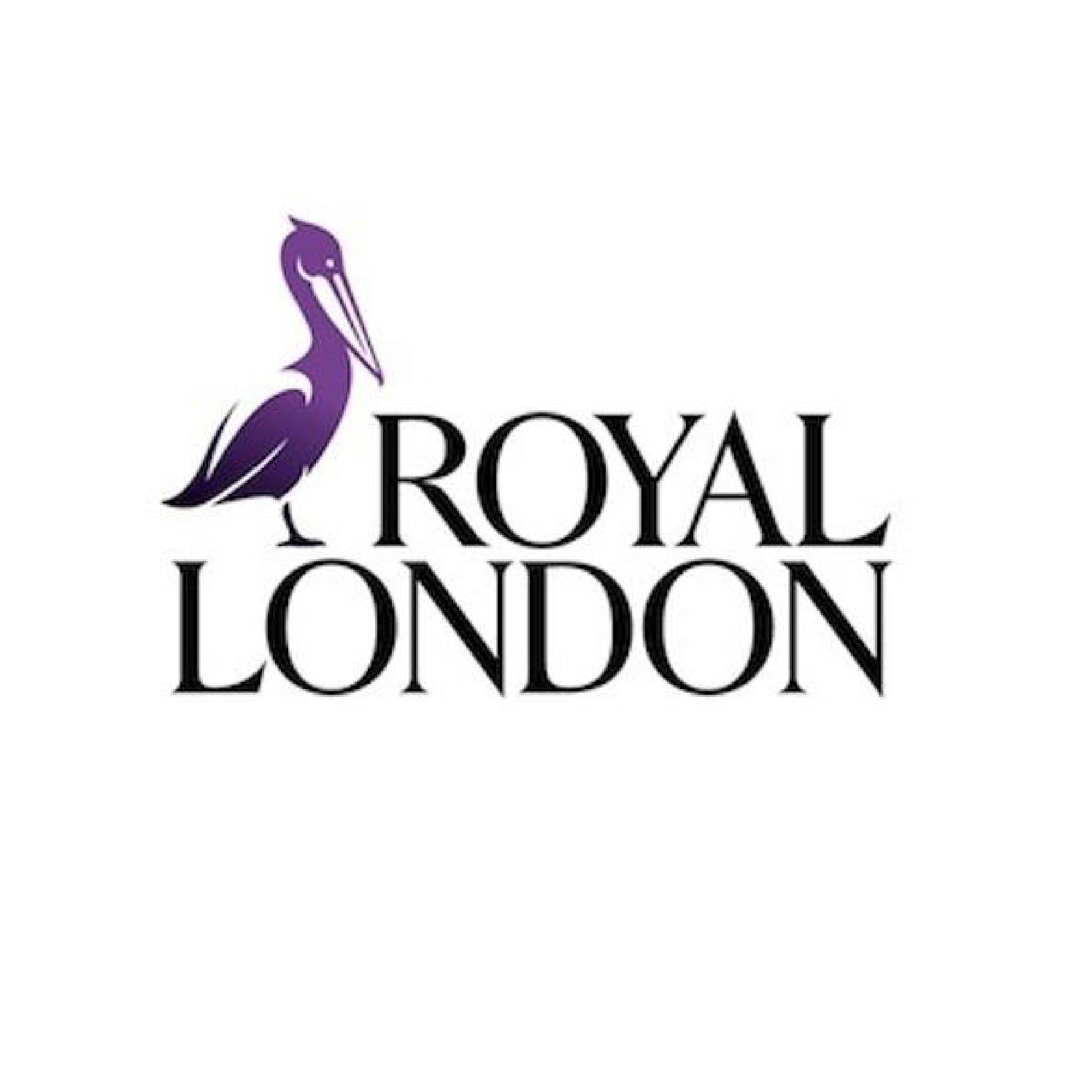Support services available through protection plans can offer your clients something they might not expect and could help you build long-term trusting client relationships.
Aftercare can be an important of part of recovery.
Over 50% of people diagnosed with primary breast cancer struggle with anxiety following the end of their treatment. And nearly a third also struggle with depression.1 My mum is one of them.
When my mum was diagnosed with breast cancer last year, she faced an intensive course of radiotherapy. Gruelling as this was, I know from conversations with her during this time that she at least felt reassured something was being done.
Where my mum struggled was afterwards, when her treatment ended. The care she received had been excellent but, once her treatment was over and the appointments became less frequent, she felt isolated. Was she expected to go home and return to ‘normal’? Research from Breast Cancer Care shows only 10% of people feel positive and ready to move on once discharged from hospital treatment.1
Sources: 1. Moving Forward: Supporting people to live well with and beyond breast cancer, Breast Cancer Care, 2017 2. RedArc patient survey, September 2019



